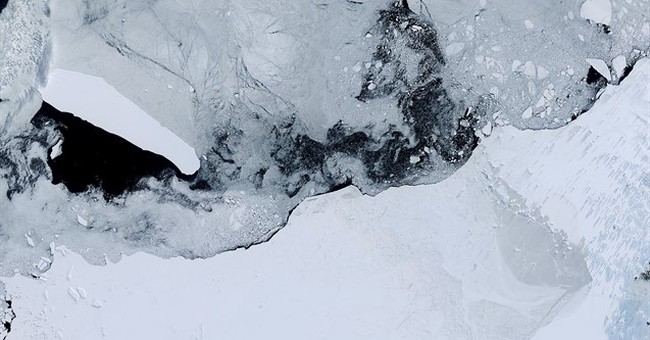The 2022 United Nations Climate Change Conference was winding down in Sharm el-Sheikh, Egypt, as I write this article. Speaking at the conference, President Joe Biden advertised that the bill he disguised as inflation reduction was really a way to push the Left’s climate agenda, which is unpopular among many Americans, through Congress:
“We are racing forward to do our part to avert the ‘climate hell’ that the U.N. Secretary-General so passionately warned about earlier this week. … And this summer, the United States Congress passed and I signed into law my proposal for the biggest, most important climate bill in the history of our country — the Inflation Reduction Act.”
Mike Frost blames capitalism for creating the looming “climate hell” because, he wrote, “In order to exist, capitalism must expand without end.” That unrestrained growth destroys the environment and impoverishes the nations that climate change damages the most. The charge of unlimited growth and environmental destruction is Frost’s fourth indictment. I responded to Frost’s first three misconceptions about capitalism here, here and here.



